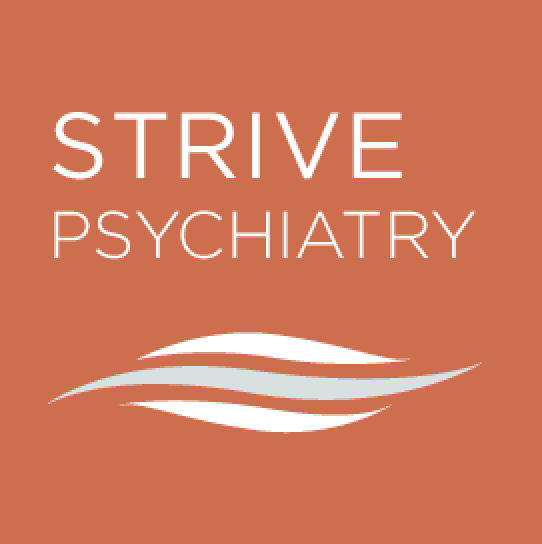Attention Deficit Hyperactive Disorder is a condition characterized by an inability to focus, restless behaviors, and a distracted nature. Many often use the name ADHD interchangeably with ADD (Attention Deficit Disorder). However, ADD is considered an outdated term by most medical experts and is now primarily viewed as the Inattentive variant of ADHD as opposed to a separate disorder.
Some individuals with this condition make sudden, rash decisions, and have high levels of energy. Others may “space out” or forget things often. Regardless of how these symptoms manifest, ADHD can interfere with productivity and focus. As such, it is important to find a treatment that works best for the patient, as each person with this disorder is unique.
Because each person with ADHD is unique, it is important to know what ways an individual can grow and learn best. A Psychological Evaluation can help reveal the skills, needs, and learning styles of an individual with ADHD on a personal level. Click here to learn more!
